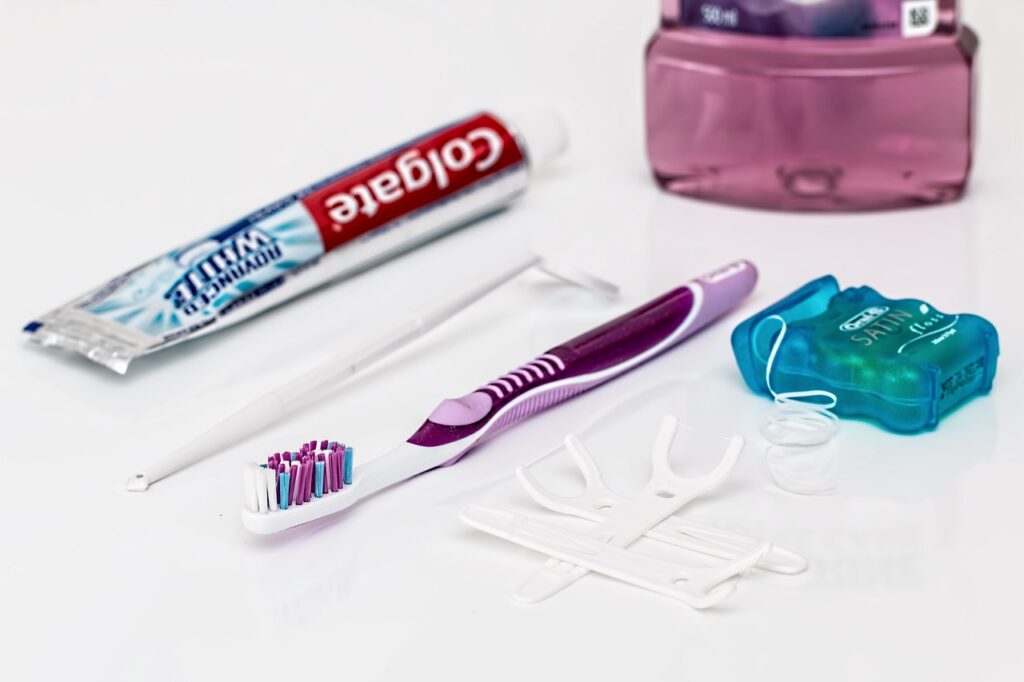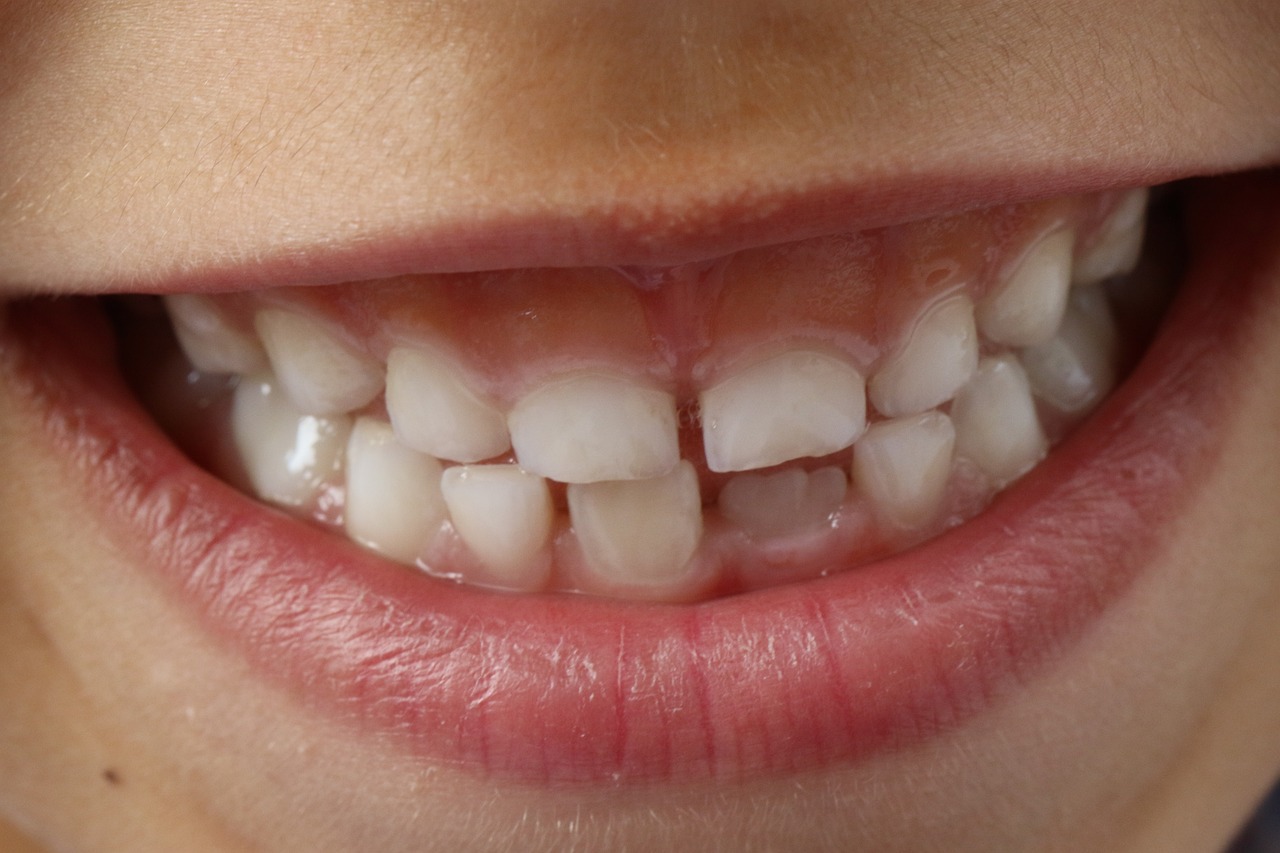Tooth sensitivity can really impact your daily life, making it hard to enjoy your favrite foods and drinks. This condition, characterized by sharp pain when eating or drinking hot, cold, sweet, or acidic stuff, can come from various underlying problems, like enamel erosion or gum recession. But, over-the-counter (OTC) products can provide relief and help you manage this discomfort. In this complete guide, we will dive into the top OTC products for managing tooth sensitivity, how they work, and how to use them right.
Understanding Tooth Sensitivity
What is Tooth Sensitivity?
Tooth sensitivity, also known as dentin hypersensitivity, is a common dental issue where the dentin, the layer below the enamel, becomes exposed and causes discomfort or pain. This pain usually happens when the exposed dentin is stimulated by temperature changes or acidic foods.
Detailed Overview of the Tooth Structure:
- Enamel: The hard, outer layer of the tooth that protects the dentin. It’s the hardest substance in the human body but can be worn down by acids or physical abrasion.
- Dentin: The softer, porous layer underneath the enamel. It has tiny tubules that lead to nerve endings, which can get sensitive when exposed.
- Pulp: The innermost part of the tooth with nerves and blood vessels.
Causes of Tooth Sensitivity:
- Enamel Erosion: Acidic foods and drinks, aggressive brushing, and some medical conditions can wear down enamel, exposing dentin.
- Gum Recession: Receding gums can expose the roots of the teeth, which don’t have enamel protection.
- Tooth Decay: Cavities and broken fillings can lead to the exposure of dentin.
- Teeth Grinding: Bruxism can contribute to enamel wear and sensitivity.
- Recent Dental Procedures: Sometimes, dental treatments like cleanings or whitening can temporarily increase sensitivity.
Symptoms of Tooth Sensitivity:
Sharp, shooting pain when eating or drinking hot, cold, sweet, or acidic stuff. Discomfort during brushing or flossing. Pain that lingers after consuming irritants.
Additional Information on Tooth Sensitivity:
It’s important to tell apart tooth sensitivity from other dental problems like cavities or gum disease. Sensitivity usually affects multiple teeth and is triggered by specific things, while other issues might cause localized pain or swelling. Sensitivity can affect eating habits, making it hard to enjoy foods and beverages, and might also impact overall dental health if it leads to avoidance of necessary oral care practices.
Top OTC Products for Managing Tooth Sensitivity
1. Desensitizing Toothpaste
Desensitizing toothpastes have active ingredients that help block nerve pathways in the teeth. These ingredients work by either blocking the dentin tubules (to block the pathways to the nerves) or by calming the nerves themselves.
Key Ingredients:
- Potassium Nitrate: Helps to soothe nerve endings by interfering with nerve transmission.
- Stannous Fluoride: Forms a protective barrier over the exposed dentin and strengthens enamel.
Recommended Brands:
Sensodyne Pronamel: This toothpaste is designed to protect against acid erosion, a common cause of tooth sensitivity. It helps re-mineralize enamel and protect against everyday acids.
Colgate Sensitive Pro-Relief: Known for its fast relief, this toothpaste forms a protective barrier over sensitive areas of the teeth. It’s especially effective for short-term pain relief.
Benefits:
- Long-Term Relief: Regular use can lead to a big reduction in sensitivity over time.
- Enamel Protection: Helps strengthen and protect enamel from further erosion.
- Improved Oral Health: Often includes fluoride and other ingredients that support overall oral health.
How to Use:
- Application: Brush twice daily with a small amount of the toothpaste. Make sure to cover sensitive areas well.
- Duration: Don’t rinse immediately to let the fluoride and active ingredients stay on your teeth longer.
- Complementary Products: Use with a fluoride mouthwash for better protection.

2. Fluoride Gels and Rinses
Fluoride gels and rinses are used to strengthen enamel and help reduce sensitivity by promoting the re-mineralization process. Fluoride bonds to the enamel, making it more resistant to acids and decay.
Recommended Products:
ACT Fluoride Mouth Rinse: This rinse contains fluoride to help protect against tooth decay and reduce sensitivity. It’s good for daily use and can complement brushing.
Fluoridex Daily Fluoride Gel: This gel provides extra protection and helps in strengthening enamel. It’s particularly helpful for people with high sensitivity and those at risk of enamel erosion.
Benefits:
- Enhanced Enamel Strength: Helps rebuild and protect enamel, reducing sensitivity.
- Decay Prevention: Offers extra protection against cavities and decay.
- Convenient Usage: Easy to include in your daily oral hygiene routine.
How to Use:
- Fluoride Gel: Apply a thin layer to your teeth using a custom-fitted tray or your fingertip. Use before bed and avoid eating or drinking for at least 30 minutes.
- Fluoride Rinse: Swish the rinse around your mouth for 30 seconds to 1 minute, twice daily, preferably after brushing.
3. Sensitivity-Reducing Mouthwashes
Sensitivity-reducing mouthwashes have active ingredients that help to relieve pain and protect against decay. These mouthwashes often include potassium nitrate, fluoride, or other compounds that help with pain relief and enamel protection.
Recommended Options:
Listerine Sensitivity: Contains potassium nitrate to reduce sensitivity and fluoride to protect against decay. It’s designed for those who experience sensitivity plus want fresh breath.
Biotene Dry Mouth Oral Rinse: This mouthwash helps with sensitivity and is also useful for people with dry mouth, which can make sensitivity worse.
Benefits:
- Pain Relief: Gives immediate relief from sensitivity symptoms.
- Protective: Helps to protect teeth from further damage and decay.
- Additional Benefits: Some mouthwashes also freshen breath and reduce dry mouth symptoms.
How to Use:
- Application: Pour the recommended amount into a cup and swish it around your mouth for 30 seconds to 1 minute, twice daily.
- Routine: Use after brushing to boost the effectiveness of your oral care routine.
Additional Tips and Precautions
1. Avoid Acidic Foods and Beverages:
Acidic foods and drinks can erode enamel and worsen sensitivity. Limit intake of citrus fruits, tomatoes, and carbonated drinks. Opt for less acidic foods like apples, bananas, and dairy products. Drinking water after consuming acidic items can help neutralize acids.
2. Use a Soft-Bristled Toothbrush:
Hard or medium-bristled toothbrushes can wear down enamel and contribute to gum recession. A soft-bristled brush is gentler and prevents further damage. Brush using gentle, circular motions instead of aggressive back-and-forth strokes. This minimizes enamel wear and gum irritation.
3. Practice Good Oral Hygiene:
Brush twice daily with fluoride toothpaste and a soft-bristled toothbrush to avoid damaging enamel and gums. Floss daily to remove plaque between teeth and below the gumline, preventing gum disease and tooth decay which can worsen sensitivity.
4. Consult Your Dentist:
If OTC products don’t ease your sensitivity or if you experience severe pain, see your dentist. Persistent sensitivity might indicate more serious issues like cavities or gum disease. Schedule regular dental visits to keep track of your oral health and address any issues that could contribute to sensitivity.
Managing tooth sensitivity involves understanding the condition and using the right OTC products. Desensitizing toothpastes, fluoride gels, and sensitivity-reducing mouthwashes can provide relief and protect your teeth from further damage. Avoid acidic foods, use a soft-bristled toothbrush, and maintain good oral hygiene.
If sensitivity continues despite using these products, or if you have concerns about your oral health, consult your dentist for further advice and treatment options. Starting with informed choices and proper care will help you achieve a more comfortable and pain-free smile.
Thank you for reading! For more tips on dental care and health, check out our related articles [insert link to related posts]. Stay proactive about your dental health for a brighter, more comfortable smile.



